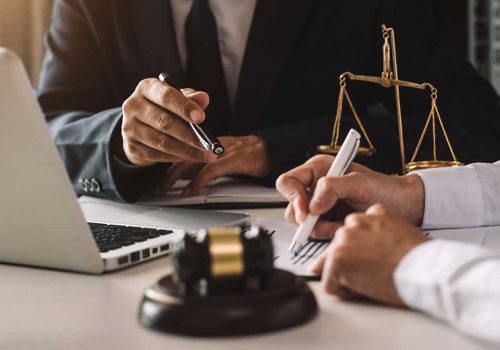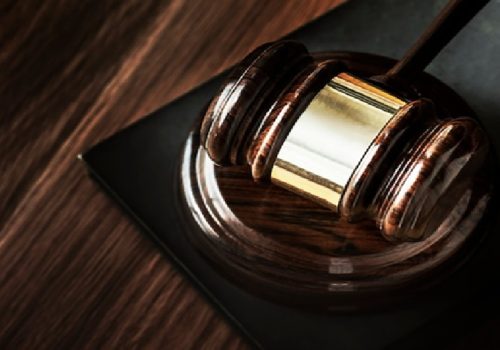The Bankruptcy Notice to Creditors: Next What?
The court will notify all creditors that you have petitioned for bankruptcy relief when you file for it. Learn more about how creditors are notified of your bankruptcy. Here’s an example of the U.S. notice to creditors. Court bankruptcy form page.
Creditors Must Stop All Collection Activities
An automatic stay is in effect from the moment you file your bankruptcy petition. The automatic stay prevents creditors from pursuing or continuing collection actions against you. You can’t have a creditor call you, send collection letters to you, file a lawsuit, or attempt to collect any debts.
Keep in mind, however, that a creditor might be able to request the court to lift an automatic stay under certain circumstances. Secured creditors such as your mortgage company or car loan company often file motions in order to lift the automatic stop. These are usually filed by creditors to challenge your ability to pay your regular loans during bankruptcy.
Creditors And Proof-of-Claim Notices
If money is available for distribution, which is not always the case, the bankruptcy notice will contain a deadline within which the creditor must file proofs of claim. Funds are usually available in Chapter 7 cases that have an “asset” Chapter 7 (in contrast to Chapter 13 cases where there is no asset). On the proof of claim form, the creditor will indicate the amount and type of debt along with any contract or other supporting evidence.
After reviewing the claims, trustees will distribute funds in accordance with the priority bankruptcy claim rule. Priority rules stipulate that domestic support obligations, attorneys’ fees, and taxes are included in the first line. Debts with no priority standing (e.g. credit card balances, medical bills, and personal loans) share in any funds that remain.
Creditors & The Meeting of Creditors
Every bankruptcy debtor must attend the meeting. The notice will inform creditors when and where it will be held. This hearing allows creditors and the bankruptcy trustee to examine your financial situation under oath.
The meeting of creditors is not as popular as it sounds. When you file your bankruptcy case, creditors have the opportunity to look over your schedules and bankruptcy petition. The 341 hearing is not open to creditors unless they believe you are hiding assets or lying about bankruptcy papers. Even if a creditor doesn’t attend the meeting of creditors it can still file an objection to your discharge..
Creditors & Objections to Discharge
A creditor can still object to your discharge even if you fail to appear at the 341 hearing. Most objections to bankrupt discharges involve debts.
- Prior to filing for bankruptcy
- Obtained through misrepresentation or
- Fraud or false pretenses
An adversary proceeding (a lawsuit) must be filed by a creditor to show why the court should not discharge the debt.
It can be very complicated to navigate the laws and procedures surrounding objections to discharge or adversary proceedings. If you have an objection to discharge, it is worth speaking to a bankruptcy attorney in your region to explore your options.
This article was written by Alla Tenina. Alla is one of the best IRS Tax attorneys in Los Angeles California, and the founder of Tenina law. She has experience in bankruptcies, real estate planning, and complex tax matters. The information provided on this website does not, and is not intended to, constitute legal advice; instead, all information, content, and materials available on this site are for general informational purposes only. Information on this website may not constitute the most up-to-date legal or other information. This website contains links to other third-party websites. Such links are only for the convenience of the reader, user or browser; the ABA and its members do not recommend or endorse the contents of the third-party sites.




